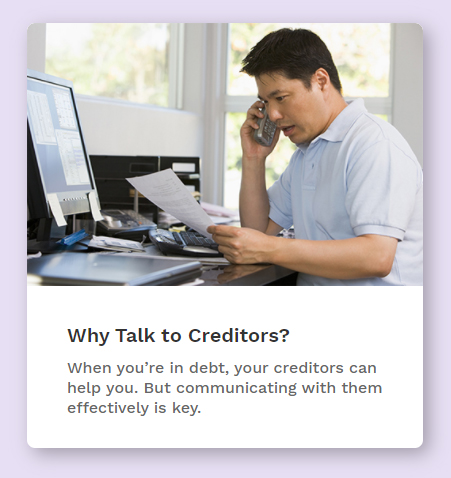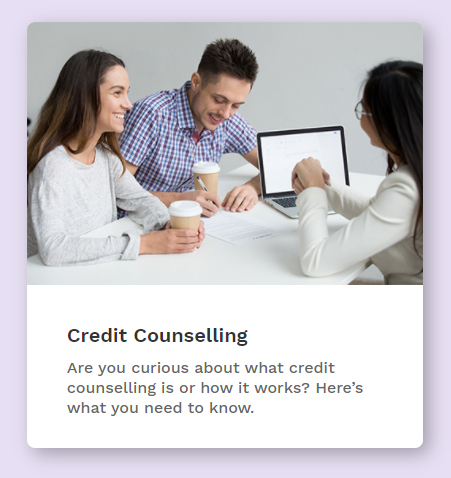How to Avoid Student Debt, Prevent Big Student Loan Debt and How to Pay It Off 4 / 4
by Kevin Jones
The saying goes that prevention is the best medicine, and knowing how to prevent student loan debt from hurting your financial health is certainly a smart strategy. With tuition costs constantly on the rise, it can feel like there’s no choice but to get a student loan. However, a loan is just one tool to help you achieve your educational goals – and it’s not your only one. Here’s how you can avoid student debt while still getting the education you want.
Explore this student debt mini-series:
- Avoid Student Debt, Loan Purpose, Advice, Alternatives and What to Do if You Can’t Pay It Back 1 / 4
- Why Get a Student Loan, Are They Good or Bad and How to Overcome Repayment Problems 2 / 4
- Student Loan Debt – How Your Life Can be Affected and How to Solve Repayment Issues 3 / 4
- How to Prevent Student Loan Debt and Pay It Off 4 / 4 – You Are Here
Prevent Student Loan Debt
Highschool Programs that Get You College Credits
The more classes you take in college or university, the more it will cost in both tuition and time. That’s why one of the best ways to prevent student loan debt is to take as few classes as possible. If you still haven’t graduated from high school, 2 things to consider are Advanced Placement (AP) courses and International Baccalaureate (IB) programs. Successfully completing either of these options can both boost your university applications and give you credits for post-secondary coursework. This means you can take fewer classes to graduate, which can save thousands in tuition and other costs. Also apply for as many scholarships, grants, and bursaries as you can. This is all money you won’t have to pay back, and you’d be surprised at how easy it can be to get it! Even if you don’t think you’ll need this financial aid, you can keep it saved in case you do need it later.
Another way to keep your student debt down is to spend at least your first year at a cheaper college. Even if you want to graduate from a specific university, you can take intro college-level courses and then transfer to that university later. You’ll still get the same degree in the end, but at less cost. Taking a gap year or semester off to work and save money is also an option. Whether you have a job or not, make sure to take advantage of education credits when filing your taxes. This will give you bigger refunds that can help with tuition for the next term.
Early Financial Education Helps Ward Off Student Debt
As a millennial, one thing I wished I’d gotten more of growing up is financial education. Those who are parents now can help their children prepare for the financial challenges of life, including what to do about debt and how to avoid it. Teach your kids what you wished you’d known in your younger years. If you feel like you could use some financial education yourself, then make learning with them a family activity. A big part of this is knowing how to budget. The sooner your children learn and get practice with making an effective spending plan (even if they’re just spending their allowance), the better prepared they’ll be to make a student budget later. While many parents are afraid that their kids will make mistakes, don’t worry. It’s better that your child makes a mistake with $20 or $200 than a $20,000 student loan or car loan.
Of course, you might also be saving up for your children’s education through accounts like a RESP, where government grant money helps top up the account. While this is great, keep your own financial goals in mind as well. This might include saving for retirement through an RRSP or setting money aside in a TFSA to go to graduate school if that fits your career path. To lighten your burden, have your children help with saving money. For example, did you know that kids can contribute to their own RESPs? They can do this through gift money, income from chores, or part-time jobs that don’t get in the way of school. Helping to save for their own education also helps children and teens appreciate its value while building good personal finance habits.
How to Avoid Student Loan Debt
Although it might be difficult to avoid student debt completely, our advice is to choose government loans over private loans. With government loans (federal and provincial), you’ll qualify for additional grants, have access to government support options if needed, and be able to write off all of the loan interest when you file your taxes. A private student loan or student line of credit is provided by a bank or credit union and won’t give you any of these benefits. On social media and message boards like reddit, you might read stories of Canadians who got private loans because they didn’t know that they were different from government ones. This can lead to unexpected charges, a lack of needed support, and the piling up of other debts like credit cards to make ends meet. A good rule of thumb is to apply for government loans first and private loans after if you need them.
Not having student debt is great, but if you do have it, then it’s better to deal with the loan than try to run away from it. Like with any debt, not making your student loan payments on time will severely damage your credit, making it harder to borrow for things like a car or house in the future. You can end up owing a lot more as the principal grows from interest, not to mention any fees for not paying on time. Eventually, your debt may be sent to collections, and you can face court action as well as garnished wages. These are all reasons why instead of imagining how to avoid repaying student debt, it’s better to focus on finding ways to deal with it.
How to Pay Off Student Loan Debt
If you’re having trouble overcoming student loan debt, then know that paying it all off might not be your only option. What else you can do will depend on whether you borrowed from the government or a private financial institution. To know your options for student loan repayment help and extensions on government debt, contact the National Student Loans Service Center (NSLSC). For private loans and lines of credit, debt consolidation may be an alternative. Our non-profit credit counsellors can help you explore this possible solution in a free, confidential, and non-judgemental appointment. Call us at 1-888-527-8999, send us an email, or chat with us anonymously online. Even if you’re struggling with a government student loan, we can help you make a plan to get rid of it and any other debts you have. Whether you need guidance to recover your financial health or want advice to help prevent future debt problems, we’re happy to help!
You have reached the end of this mini-series. Please rate your experience or share this article if you found it useful.
Last Updated on June 6, 2025








